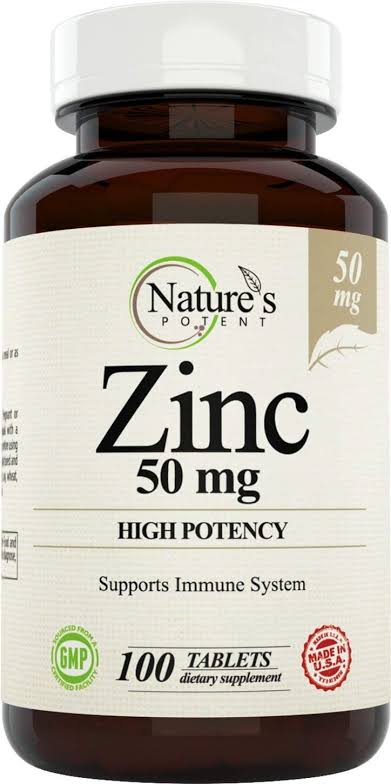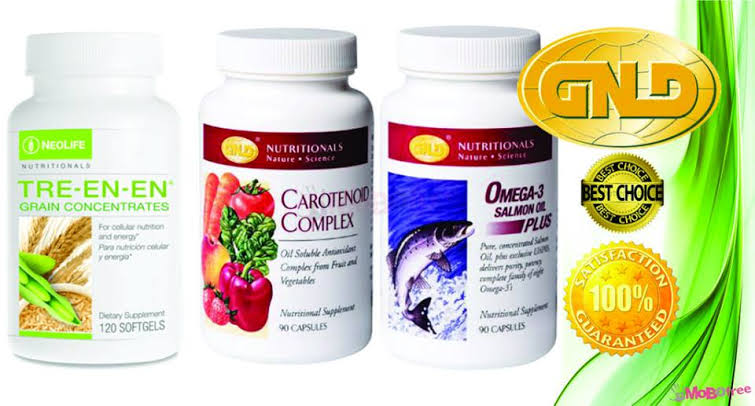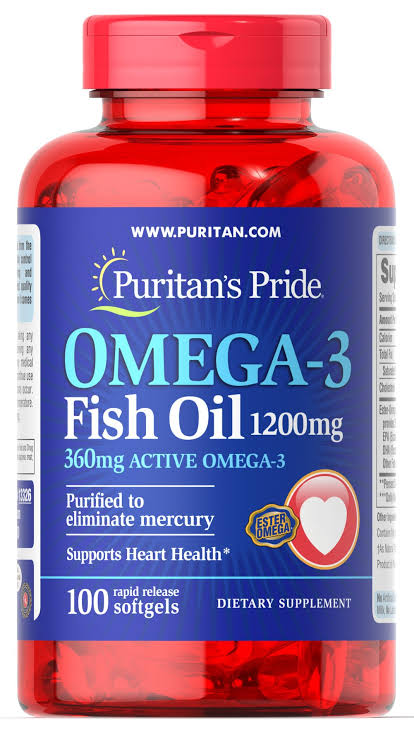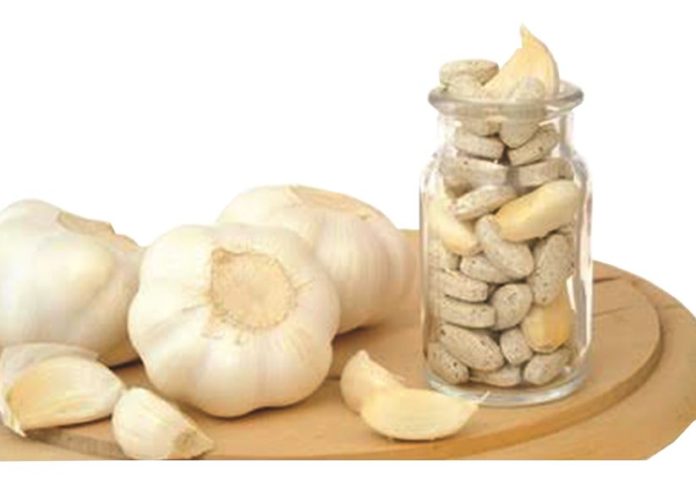The Coronavirus disease, Covid-19 pandemic is expected to accelerate momentum around dietary supplements as we prioritise our health and immunity. Even before the pandemic, there had been an uptick in health and wellbeing claims in food supplement products. The focus of supplements is shifting from catch-all multivitamins to specific wellness claims, targeting benefits such as immunity, sleep or stress relief. The numerous supplements available address everything from immune support to mental focus, whole-body inflammation, stress, the skin, hair, nails, heart, vision and bones. Suppliers sell them in different forms, including tablets, capsules, powders, and liquids. When buying supplements, it is important to read labels and get information about the manufacturer.
Though dietary supplements should not replace complete mealswhich are essential to nurturing the body, taking supplements lead to an increased level of total nutrient intake. Common dietary supplements include calcium, fish oil, vitamins,minerals, herbs, amino acids, and enzymes.Herbal supplements, sometimes referred to as “botanicals,” have been used for medicinal pur poses for many centuries and they continue to gain popularity among consumers today. Examples of some of the most common herbal supplements include flaxseed, ginseng, ginkgo, St John’s wort, evening primrose,turmeric, ginger, and garlic.
“Talking to healthcare providers before making the decision about whether to take supplements is a good practice. Doctors can help people achieve a balance between nutrients from food and supplements. Many supplements also contain active ingredients that may have strong biological effects.”
Some herbs — including herbal supplement products labeled as “natural” — can have medication-like effects. An example is the flaxseed. Due to their estrogen-like effect when consumed by women, flaxseeds can induce menstrual cycles. So it is not recommended for expectant mothers because these seeds can induce periods and harm the baby and the mother in an unexpected way. Researchers say that any herb strong enough to produce a positive effect, such as lowered cholesterol can be rightly called medicine, therefore to be used with foresight.

Talking to healthcare providers before making the decision about whether to take supplements is a good practice. Doctors can help people achieve a balance between nutrients from food and supplements.Many supplements also contain active ingredients that may have strong biological effects. Any of the following actions could be harmful or even life-threatening: combining supplements, mixing supplements with medicines, or taking too much of some supplements, especially vitamin A, vitamin D, and iron.

Vitamin and mineral supplements such as vitamin D and calcium remain the most popular types. However, the use of herbals and botanicals — especially turmeric and garlic — have significantly increased during the past few years.
The main reason people take dietary supplements is overall health and wellness. Although many people use dietary supplements, studies have found that multivitamins, vitamin D, calcium, and vitamin C showed no advantage or added risk in the prevention of cardiovascular disease or premature death.However, folic acid alone and B vitamins with folic acid may reduce the risk of heart disease.
Supplements aren’t intended to substitute for food. They can’t replicate all of the nutrients and benefits of whole foods, such as fruits and vegetables. Whole foods offer three main benefits over dietary supplements:

Greater nutrition: Whole foods are complex, containing a variety of the micronutrients your body needs.
Essential fiber: Whole foods, such as whole grains, fruits, vegetables and legumes, provide dietary fiber. As part of a healthy diet, fiber can help prevent certain diseases, such as type 2 diabetes and heart disease, and it can also help manage constipation.
Protective substances: Many whole foods are also good sources of antioxidants — substances that slow down a natural process leading to cell and tissue damage. It isn’t clear that antioxidant supplements offer the same benefits as antioxidants in food. Some high-dose antioxidant supplements have been associated with health risks.
We need a variety of nutrients each day to stay healthy, including calcium and vitamin D to protect our bones, folic acid to produce and maintain new cells, and vitamin A to preserve a healthy immune system and vision.Yet the source of these nutrients is important. It is best to try to get these vitamins, minerals and nutrients from food as opposed to supplements. Fruits, vegetables, fish, and other healthy foods contain nutrients and other substances not found in a pill, which work together to keep us healthy. We can’t get the same synergistic effect from a supplement. Taking certain vitamins or minerals in higher-than-recommended doses may even interfere with nutrient absorption or cause side effects.
Who needs supplements?
If you’re generally healthy and eat a wide variety of foods, including fruits, vegetables, whole grains, legumes, low-fat dairy products, lean meats and fish, you likely don’t need supplements.
But supplements — or fortified foods — might be appropriate in some situations:
•Women who may become pregnant should get 400 micrograms a day of folic acid from fortified foods or supplements, in addition to eating foods that naturally contain folate.
•Women who are pregnant should take a prenatal vitamin that includes iron or a separate iron supplement.
•Adults age 50 or older should eat foods fortified with vitamin B-12, such as fortified cereals, or take a multivitamin that contains B-12 or a separate B-12 supplement.
•Adults age 65 and older should take 800 international units of vitamin D daily to reduce the risk of falls.
Dietary supplements also may be appropriate if you:
– Don’t eat well or consume fewer calories than needed
– Are a vegan or a vegetarian who eats a limited variety of foods
– Follow any other type of diet that restricts an entire category of foods.






скільки триватиме війна в україні коли закінчиться війна в україні 2022 екстрасенси коли закінчиться війна в україні 2022 екстрасенси
Дивитися Бетмен Дивитися Бетмен Дивитися Бетмен
http://bit.ly/legenda-destan-vse-serii
Главный герой